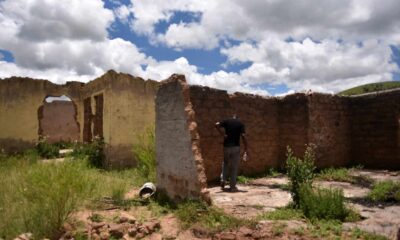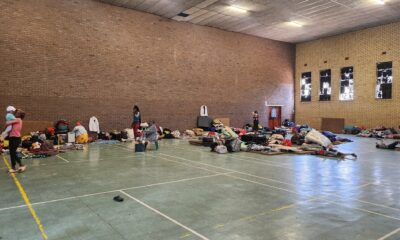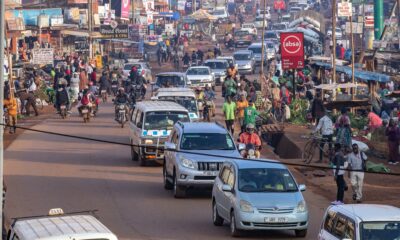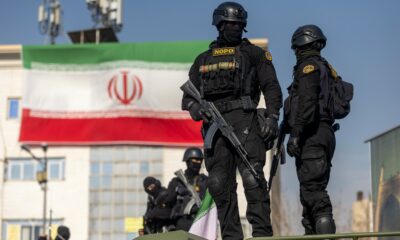News
From Stilfontein to Zanzou: SAHRC Sounds Alarm on South Africa’s Human Rights Crisis
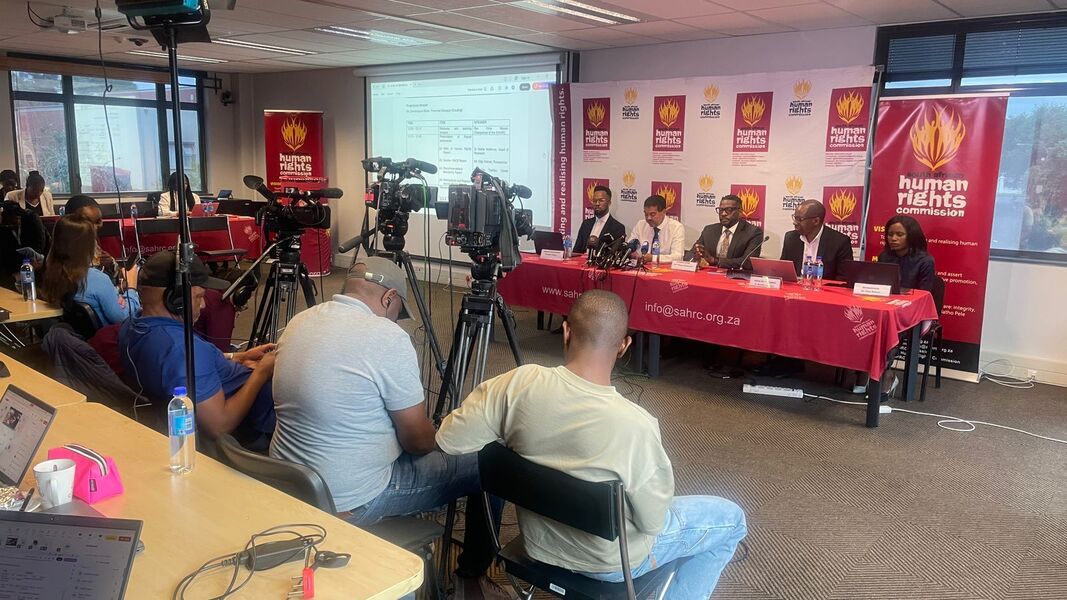
South Africa’s democracy turns 30 this year, but a new report from the South African Human Rights Commission (SAHRC) paints a sobering picture of how far the country still has to go in protecting basic human rights. From mining deaths in Stilfontein to torture in a Pretoria nightclub, from the humiliation of school bullying to water shortages and the ongoing toll of load-shedding, the SAHRC has called out both the state and private actors for failing ordinary South Africans.
Stilfontein: When Survival Becomes a Crime
One of the most haunting cases highlighted in the Commission’s report is the Stilfontein mining tragedy in North West. What began as a crackdown on illegal mining under Operation Vala Umgodi ended in disaster: 78 miners lost their lives in abandoned shafts, while 248 others were rescued, many in critical condition.
Dr Martin Nsibirwa, the SAHRC’s head of research, did not mince words. He said the tragedy reflected a fundamental violation of the right to life and access to food. “These were men working in desperate conditions, and instead of protection, their lives were criminalised,” Nsibirwa explained.
The tragedy echoes a long history of mining disasters in South Africa, where profits have often come before people. This time, though, it was state-led enforcement that contributed to the loss.
Zanzou Nightclub: A Dark Stain in Pretoria
The Commission also revisited disturbing scenes from the Zanzou Bar and Lounge in Pretoria. Last year, social media was flooded with shocking videos of patrons being beaten, stripped naked, hogtied, and even sexually assaulted by bouncers after allegedly failing to pay their bills.
What many dismissed as “club drama” was later confirmed as torture and attempted murder. In February, police arrested a 41-year-old Congolese man linked to charges of assault and compelled rape.
The Zanzou case struck a nerve because it exposed how violence, impunity, and humiliation are still wielded casually in everyday spaces where young South Africans gather to socialise.
Water, Power, and the Basics of Dignity
Beyond headline-grabbing tragedies, the SAHRC stressed that the denial of basic services remains the most persistent human rights violation in the country.
-
Water: Ageing infrastructure and cost-recovery systems have left poor communities especially vulnerable. Entire towns go weeks without supply.
-
Electricity: Load-shedding continues to choke schools and hospitals. The Commission revealed that only 51% of health facilities have backup power. In education, nearly 30% of schools lack alternatives when the lights go out.
When the lights flicker or taps run dry, it is not just inconvenienceit is the erosion of fundamental rights to health, education, and dignity.
Racism, Xenophobia, and Everyday Prejudice
Racism and xenophobia also continue to shadow South Africa. The Commission noted high-profile racist incidents alongside growing hostility towards foreign nationals, often fueled by misinformation online. Nsibirwa warned that disinformation campaigns are deepening divisions, creating fertile ground for violence.
Xenophobia has long been a pressure point in South African society, from sporadic flare-ups of violence to discriminatory by-laws in major cities. Nsibirwa criticised municipal rules in Cape Town, Durban, and Johannesburg that criminalise petty offences, saying they “essentially criminalise poverty.”
Children and the Future: Bullying in Schools
Perhaps the most heartbreaking finding was the rise of bullying in schools. A staggering 68% of complaints received from schools were linked to bullying, with the Commission warning of long-term consequences for the nation’s youth.
Nsibirwa called for early intervention: “If we are to address human rights meaningfully, schools must be the starting point.”
This concern is not new. South African social media is regularly shaken by viral videos of learners being humiliated or beaten in classrooms, sparking national debate about discipline, safety, and the responsibility of both parents and teachers.
Climate Change and New Threats
The SAHRC also flagged climate change as a growing human rights issue. Flooding in KwaZulu-Natal, Limpopo, and the Eastern Cape has destroyed homes and endangered lives, especially in poorer communities that lack the resources to rebuild.
The Commission warned that without stronger adaptation policies, extreme weather will further strip South Africans of their rights to housing, safety, and livelihood.
The SAHRC’s findings are not just a list of failures, they are a mirror held up to the nation. They force South Africans to ask uncomfortable questions:
-
Why are miners still dying underground in 2025?
-
Why does a night out at a bar end in torture?
-
Why are children bullied into silence at schools meant to nurture them?
-
And why are the most basic rightswater, electricity, dignitystill rationed like luxuries?
South Africa prides itself on a Constitution hailed as one of the most progressive in the world. But as the SAHRC warns, rights on paper mean little when daily reality tells a different story.
{Source: IOL}
Follow Joburg ETC on Facebook, Twitter , TikTok and Instagram
For more News in Johannesburg, visit joburgetc.com



